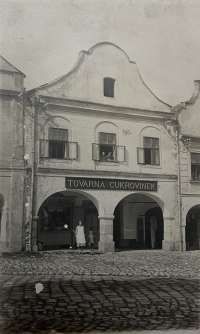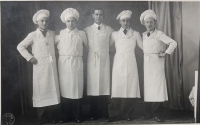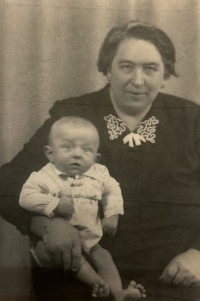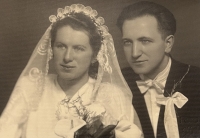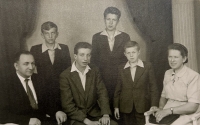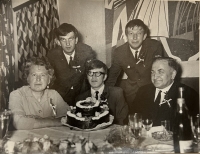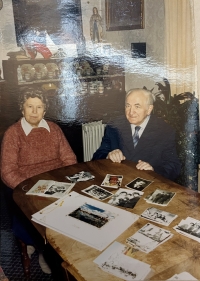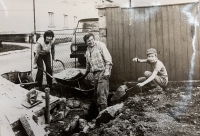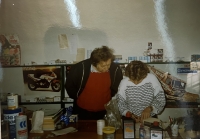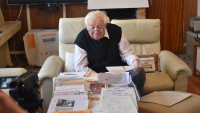Class origin was decisive, we became hostages of the regime
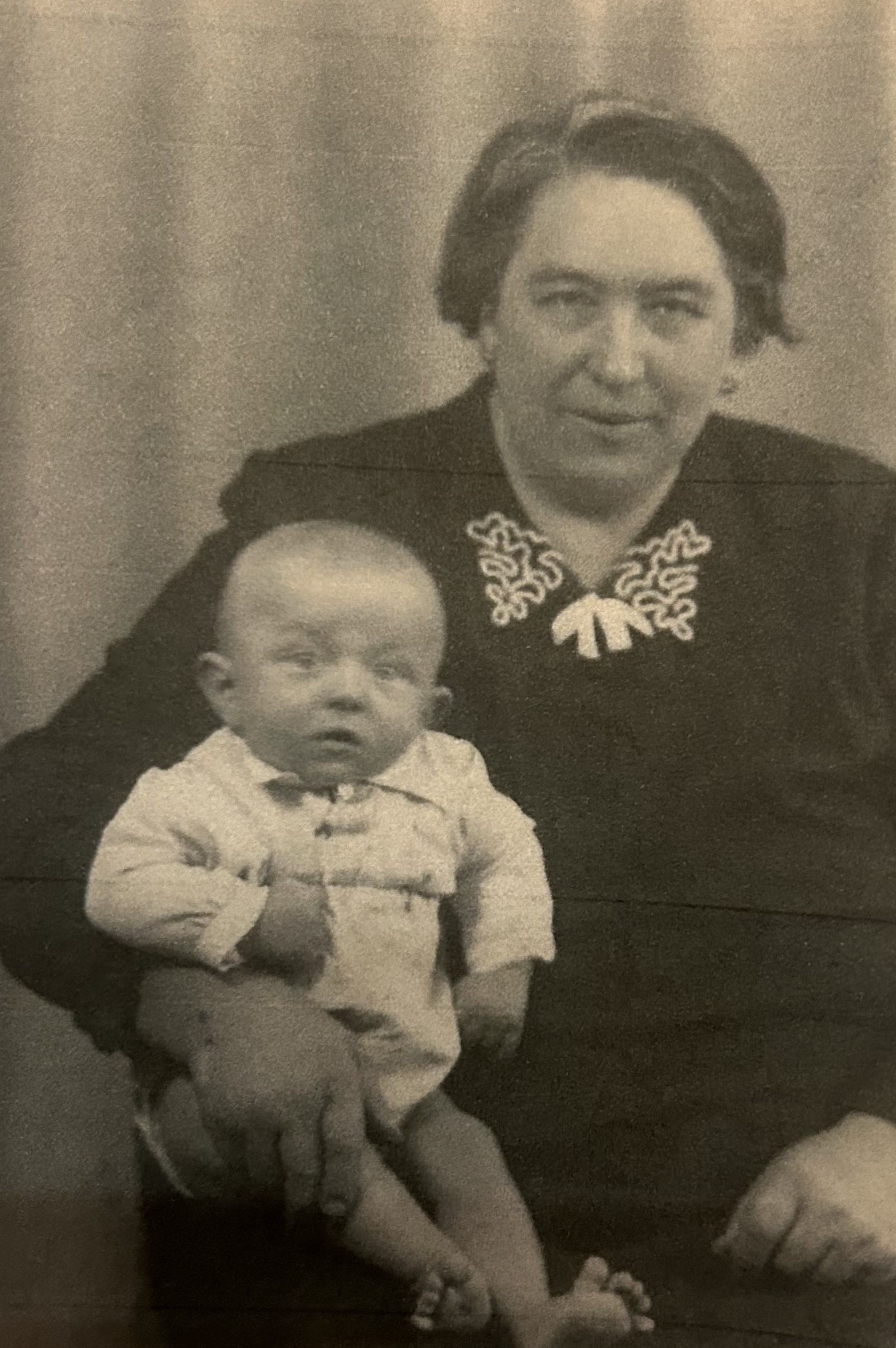
Stáhnout obrázek
Jan Svoboda was born in Telč on 26 January 1945. He came from a businessman‘s family that owned the Svoboda confectionery, which the communists nationalised in 1948. Svoboda‘s uncle left the country at the time. Jan Svoboda finished primary school in Telč and entered apprenticeship as a truck mechanic at the age of fifteen. Because of his class background, he had no chance to study at a ‚better‘ high school. Later on, thanks to the regime ‚thaw‘, he completed a high school of transport technology. He joined the army in the autumn of 1967 and witnessed the Warsaw Pact troop invasion in the private rank. His military service extended until Christmas 1969 due to the invasion. In the wake of August 1968, Svoboda‘s brother emigrated to Canada. Following his military service, Jan Svoboda began working as an auto mechanic and later as a traffic dispatcher. He married in 1972 and brought up four children with his wife Zdeňka. In the 1970s, he was demoted from his traffic dispatcher position to work as a supply clerk because of relatives being abroad. Still, he was offered cooperation with the StB several times, which he never accepted. He was listed as a person under surveillance. Following the revolution, he started a business selling car parts and the firm started repairing cars later on. The company continues to operate, and in 2010 he handed it over to his sons. Jan Svoboda was living in Telč in November 2023.
